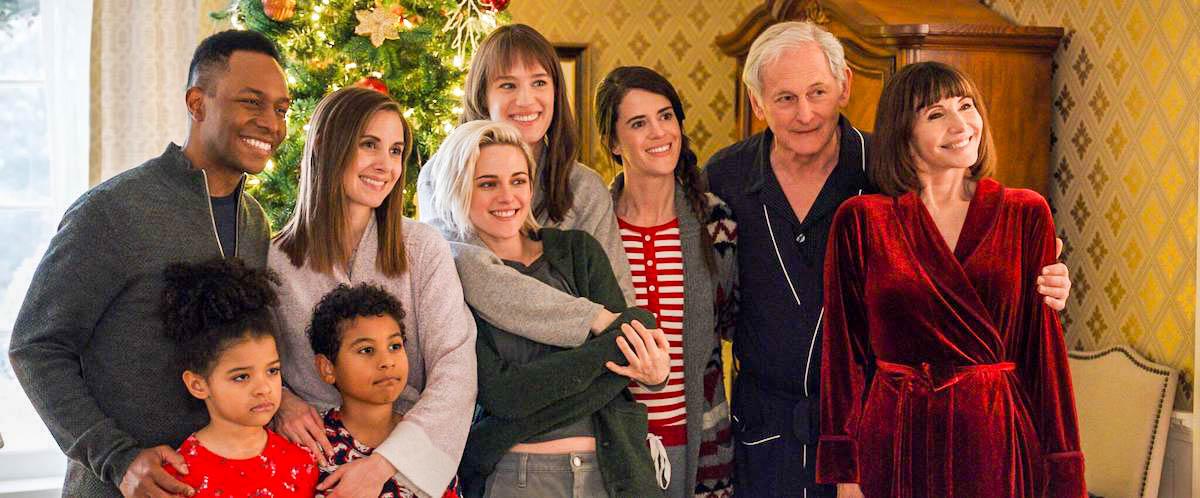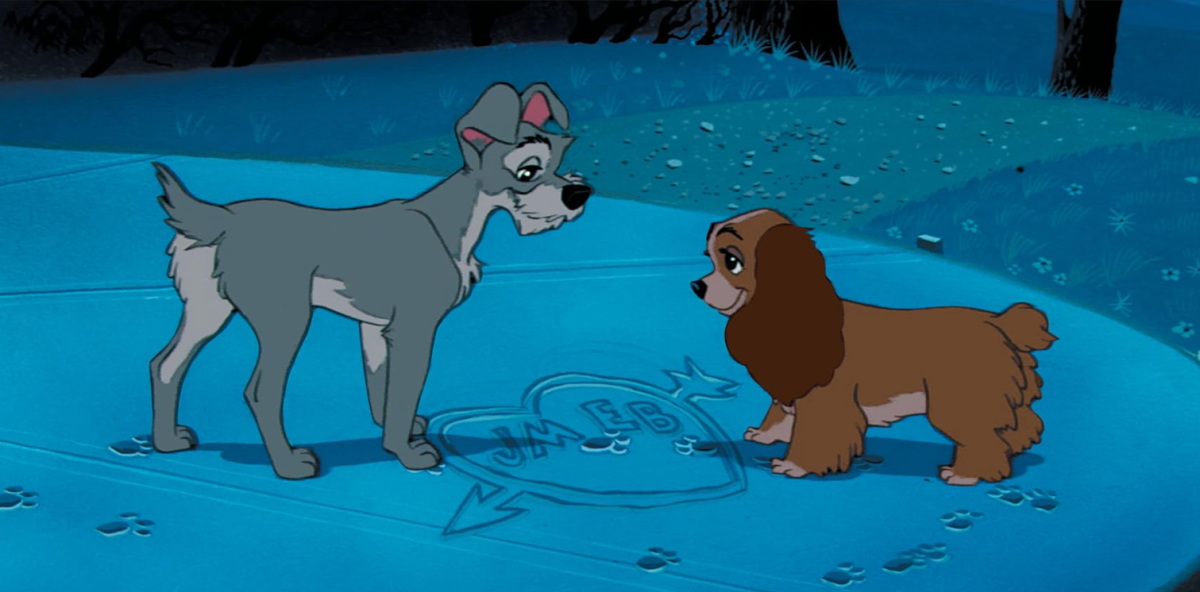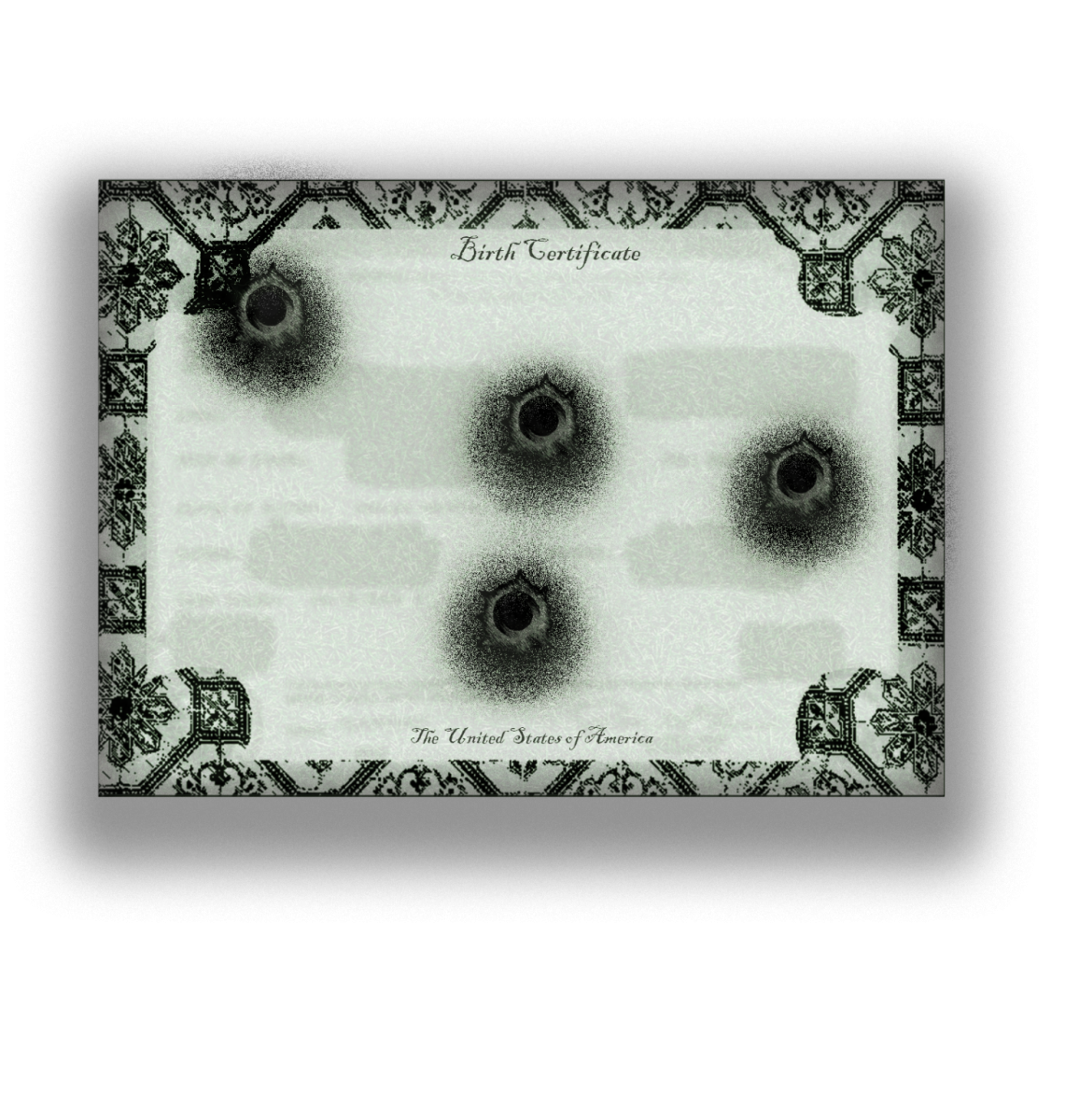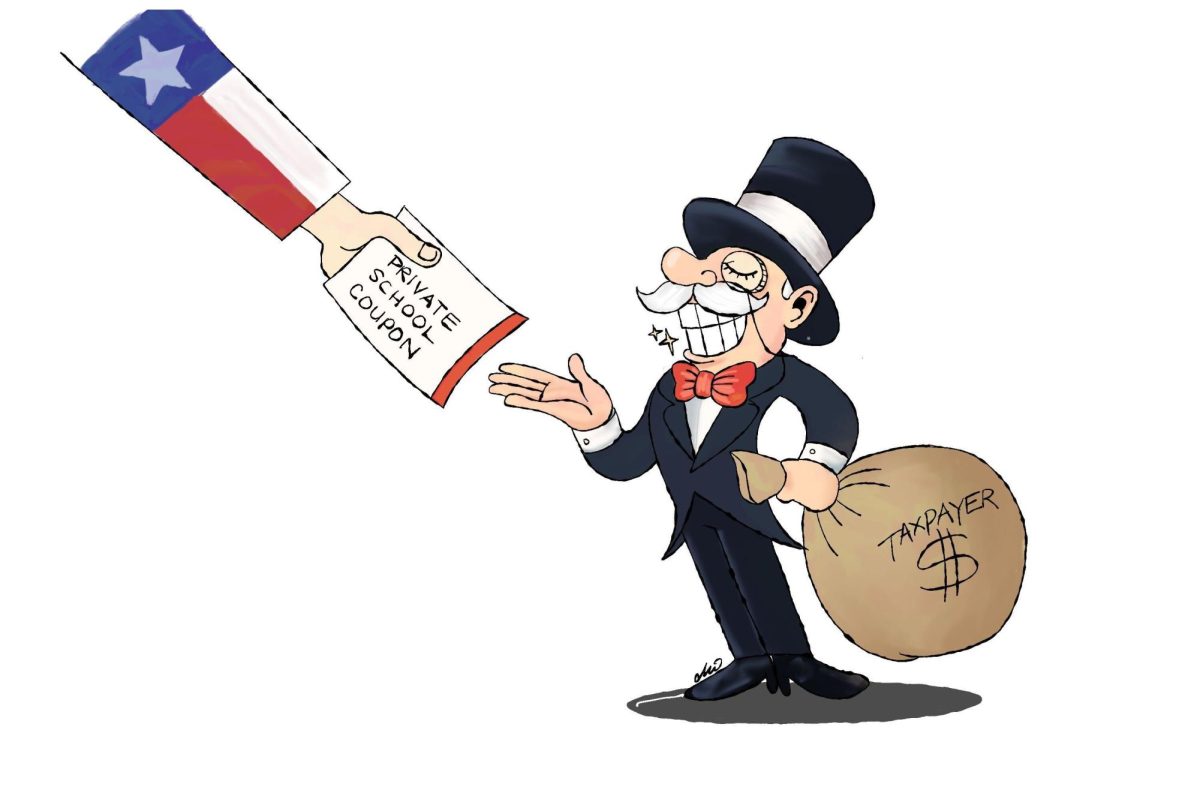“Happiest Season,” directed by Clea DuVall and written by DuVall and Mary Holland is a heartwarming addition to the Christmas rom-com canon. The film follows Abby (Kristin Stewart) and Harper (Mackenzie Davis), a young couple who have been together for about a year. Abby has a general dislike of the Christmas season, while Harper has a deep love for it. Harper takes it upon herself to get Abby in the Christmas spirit, asking her to come home with her to introduce her to her family. However, there is one minor detail that Harper has not shared with Abby: she has not yet come out to her family. What makes things even more difficult is that Abby has decided to take this opportunity to propose, and even plans on asking Harper’s father for his blessing.
“Happiest Season” boasts a uniquely impressive cast, including Aubrey Plaza, Dan Levy (fresh off of “Schitt’s Creek”), Alison Brie, Victor Garber and Mary Steenburgen, who all give excellent performances. Levy is especially memorable as Abby’s confidant and best friend. By the end, he goes from being a loveable side character to the beating heart of the film, showcasing his dramatic acting chops.
The film begins seemingly innocuous enough, lulling the audience into a kind of false security that this is going to be another low-stakes Christmas farce without much substance. If “Happiest Season” was trying to simply be a pleasant slice of holiday escapism, then it fails miserably. Thankfully it has bigger aspirations, and in those it mostly succeeds. If there is another film to which “Happiest Season” is comparable in its tone, it would be “Love Actually.” “Happiest Season,” though, is more successful at balancing the heart, humor and insight one would want in their Christmas movies. It lacks the trite melodrama of “Love Actually,” and actually has something worth saying. It confronts the trauma the Christmas season can dredge up for many with nuance and maturity.
“Happiest Season” isn’t nuanced in the sense that its message could appear vague, but in the sense that the characters are extremely well-realized. Harper, Abby and the rest of the cast all feel like real people, even if they are eccentric at times. The ending does rush a little bit to get the message across in the most blatant fashion possible and would have benefitted from another draft. Regardless, the film ends on a highly cathartic note. It doesn’t lack any of the warmth that one would want from a Christmas movie despite tackling difficult issues relating to family and personal growth. It does what all great holiday movies do: finding respite in those moments with loved ones, and actively working to put to bed past hurt because life is hard enough without having to do it alone. “Happiest Season” may wrap itself up in a neat little bow, but what else could you possibly want from a Christmas movie?
‘Happiest Season’ balances heart, humor
December 4, 2020
Photo by Creative Commons
Hulu’s original “Happiest Season” was released on Nov. 26.
0
Donate to The Battalion
$2065
$5000
Contributed
Our Goal
Your donation will support the student journalists of Texas A&M University - College Station. Your contribution will allow us to purchase equipment and cover our annual website hosting costs, in addition to paying freelance staffers for their work, travel costs for coverage and more!
More to Discover
















